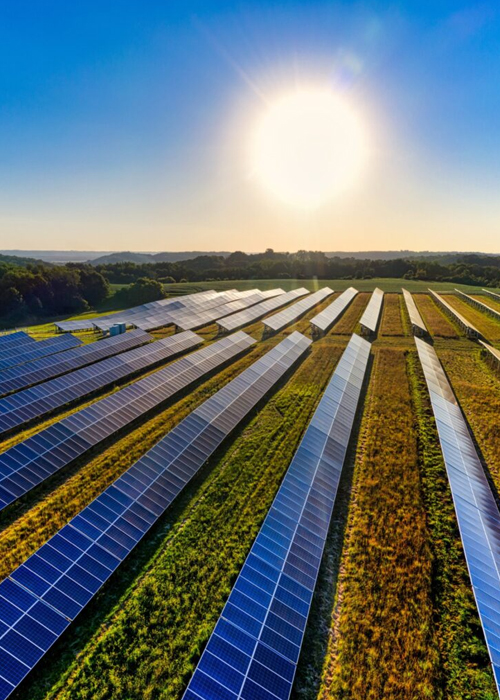
Solar Energy include environmental benefits like reduced greenhouse gas emissions, economic advantages such as lower electricity bills and long-term savings, and energy independence through decentralized power generation. Solar energy is a clean, renewable resource with low maintenance costs and is also versatile, scalable, and can be installed in remote locations.
Environmental benefits
Clean and renewable:
Solar energy is a renewable resource that will not run out and does not produce harmful emissions or greenhouse gases during operation.
Reduces pollution:
By using the sun's power, it reduces the need for fossil fuels, which helps lower air and water pollution and mitigate climate change.
Water conservation:
Solar power plants use very little to no water, unlike traditional power plants that use steam turbines.
Economic benefits
Lower electricity bills:
Solar panels generate electricity, which can significantly reduce or eliminate monthly electricity bills.
Long-term savings:
The initial investment can lead to substantial long-term savings on energy costs.
Job creation:
The solar industry creates jobs in manufacturing, installation, maintenance, and sales, contributing to economic growth.
Increased property value:
Homes with solar panel systems may be more appealing and increase in value.
Incentives:
Many governments offer tax credits, rebates, and other incentives to encourage solar energy adoption. Energy and infrastructure benefits
Energy independence:
Generating your own electricity provides protection from fluctuating energy prices and potential supply disruptions.
Works in remote areas:
Solar power systems can provide electricity to remote or off-grid locations where running power lines is not feasible.
Scalable and versatile:
Systems can be scaled for various uses, from small residential rooftops to large-scale power plants, and can be used for both electricity and heating.
Low maintenance:
Solar panels have no moving parts, which means they require very little maintenance and have a long operational life.